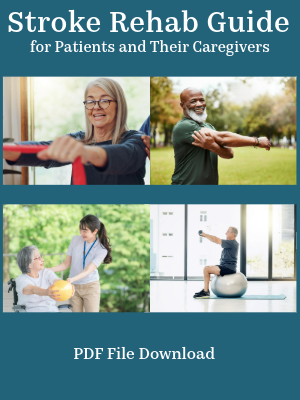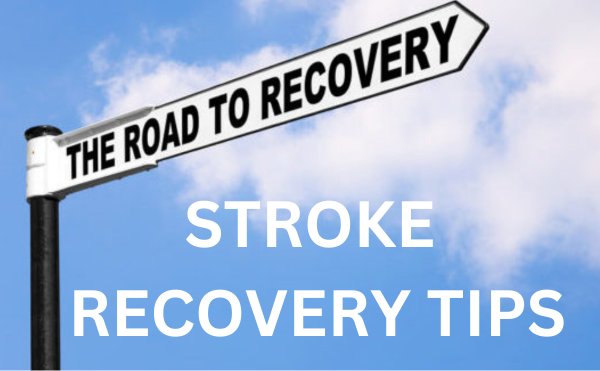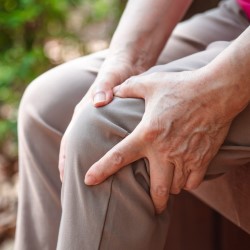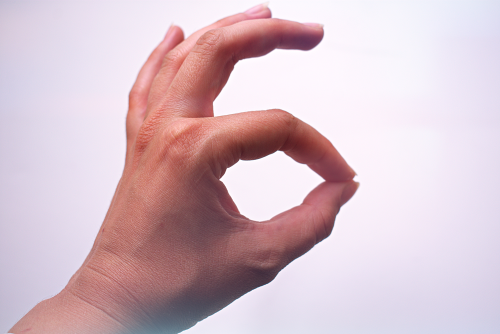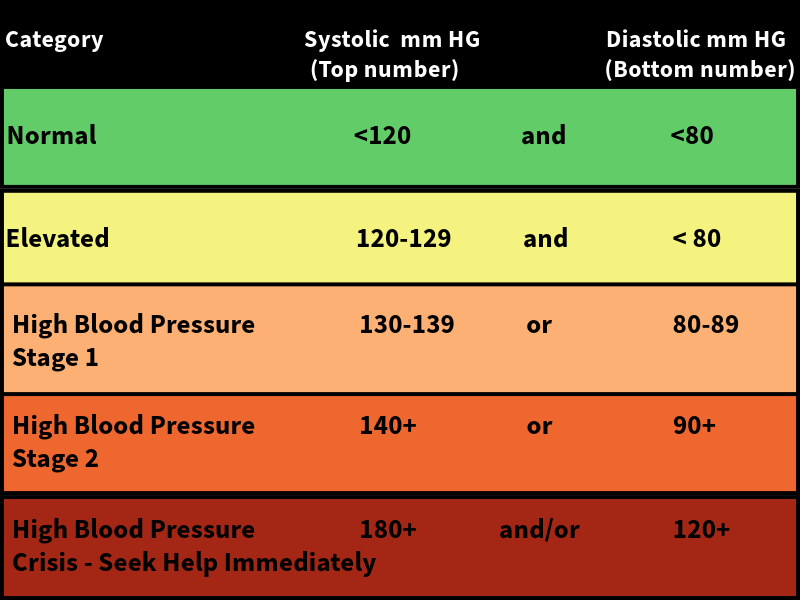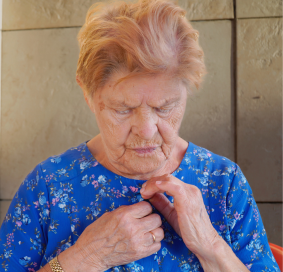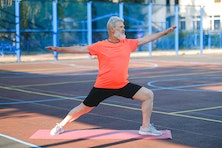Stroke News
Breakthroughs and Insights: The Latest News on Stroke Research
Stroke continues to pose significant challenges to public health globally. Researchers are attempting to make strides in stroke prevention, treatment, and rehabilitation. This page is dedicated to news and insights regarding stroke and stroke research. Page photos provided by www.Pexels.com.
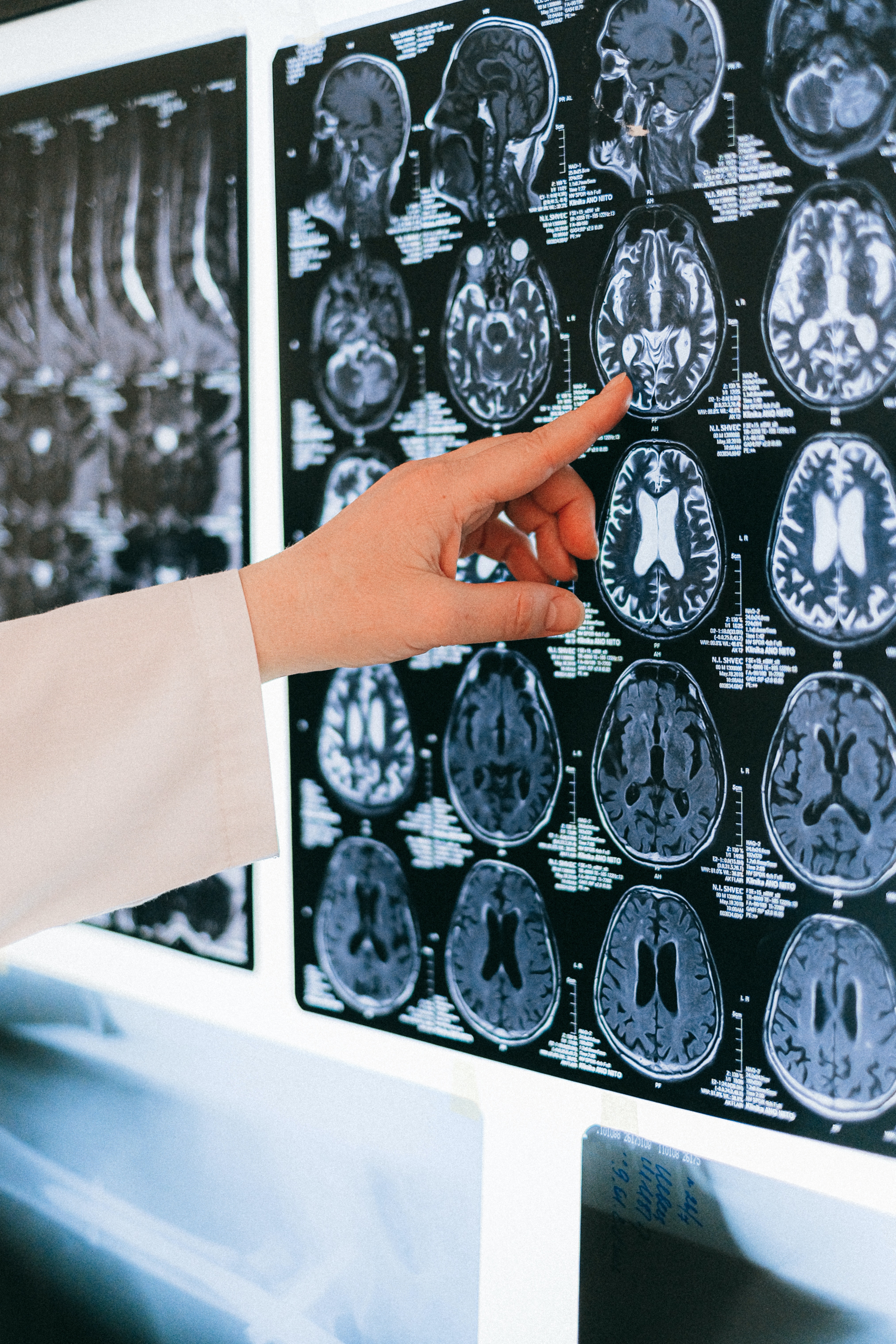
Artificial Intelligence for Stroke Diagnosis: Artificial intelligence (AI) is revolutionizing healthcare, and stroke diagnosis is no exception. Researchers have been exploring the use of AI algorithms to analyze medical images, such as CT scans and MRIs, with impressive accuracy. These algorithms help physicians quickly identify signs of stroke, allowing for faster interventions and improved patient outcomes. AI has the potential to enhance stroke diagnosis in areas where access to specialized medical expertise is limited, ultimately saving more lives.

Novel Approaches in Stroke Treatment: A groundbreaking development in stroke treatment comes from the field of endovascular thrombectomy. This minimally invasive procedure involves the removal of blood clots from blocked blood vessels in the brain, significantly reducing disability and improving survival rates in ischemic stroke. Recent studies have shown that extending the time window for thrombectomy treatment from six to 24 hours can still result in positive outcomes for select patients. This extended treatment window offers hope to individuals who were previously ineligible for intervention.
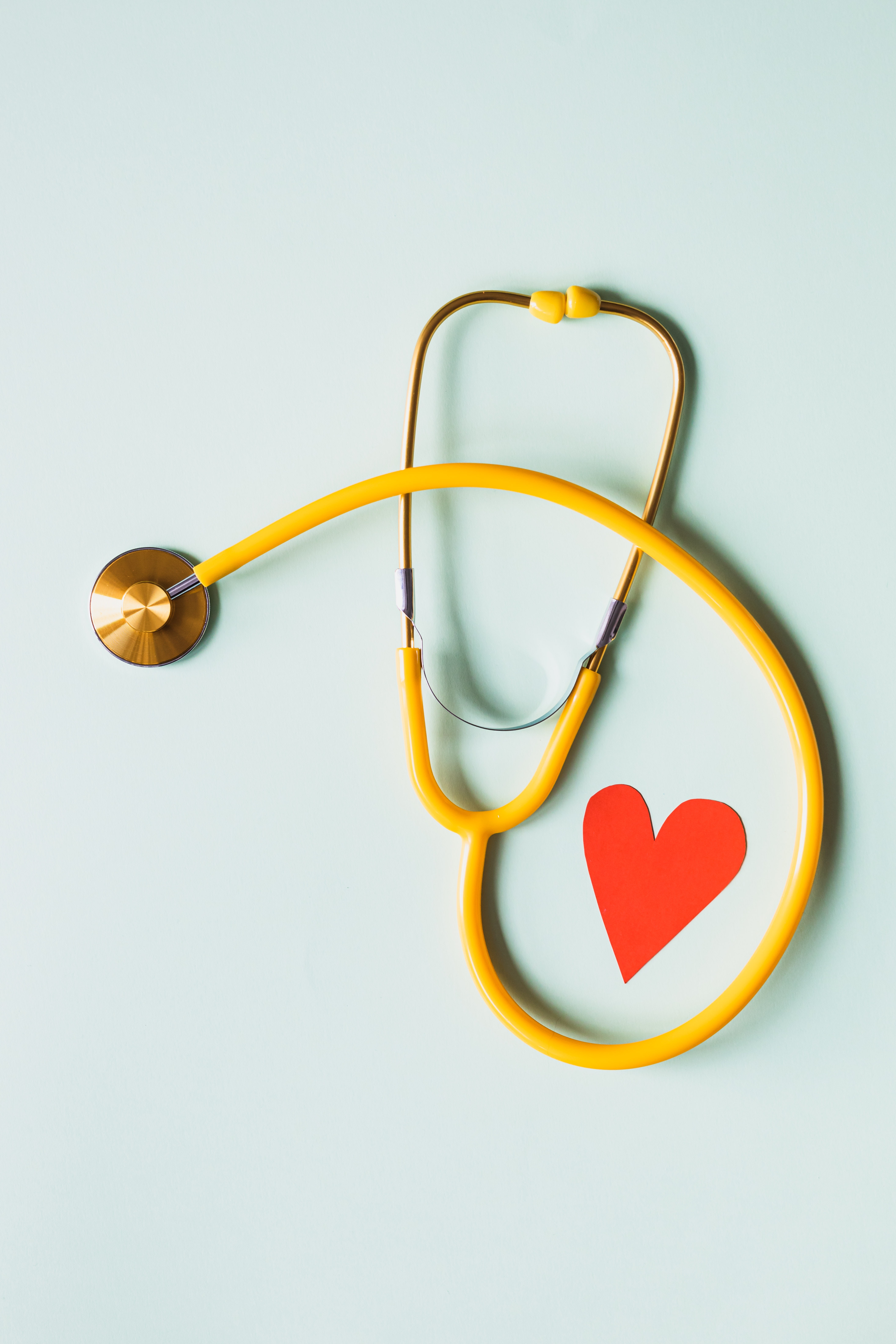
Personalized Medicine in Stroke Prevention: Precision medicine has gained considerable attention in stroke prevention strategies. Scientists are unraveling the genetic and environmental factors that contribute to an individual's stroke risk. By identifying specific genetic markers, researchers can tailor preventive interventions to individuals' unique genetic profiles. Personalized interventions, including lifestyle modifications and targeted medication regimens, have the potential to reduce the incidence of stroke in high-risk populations.
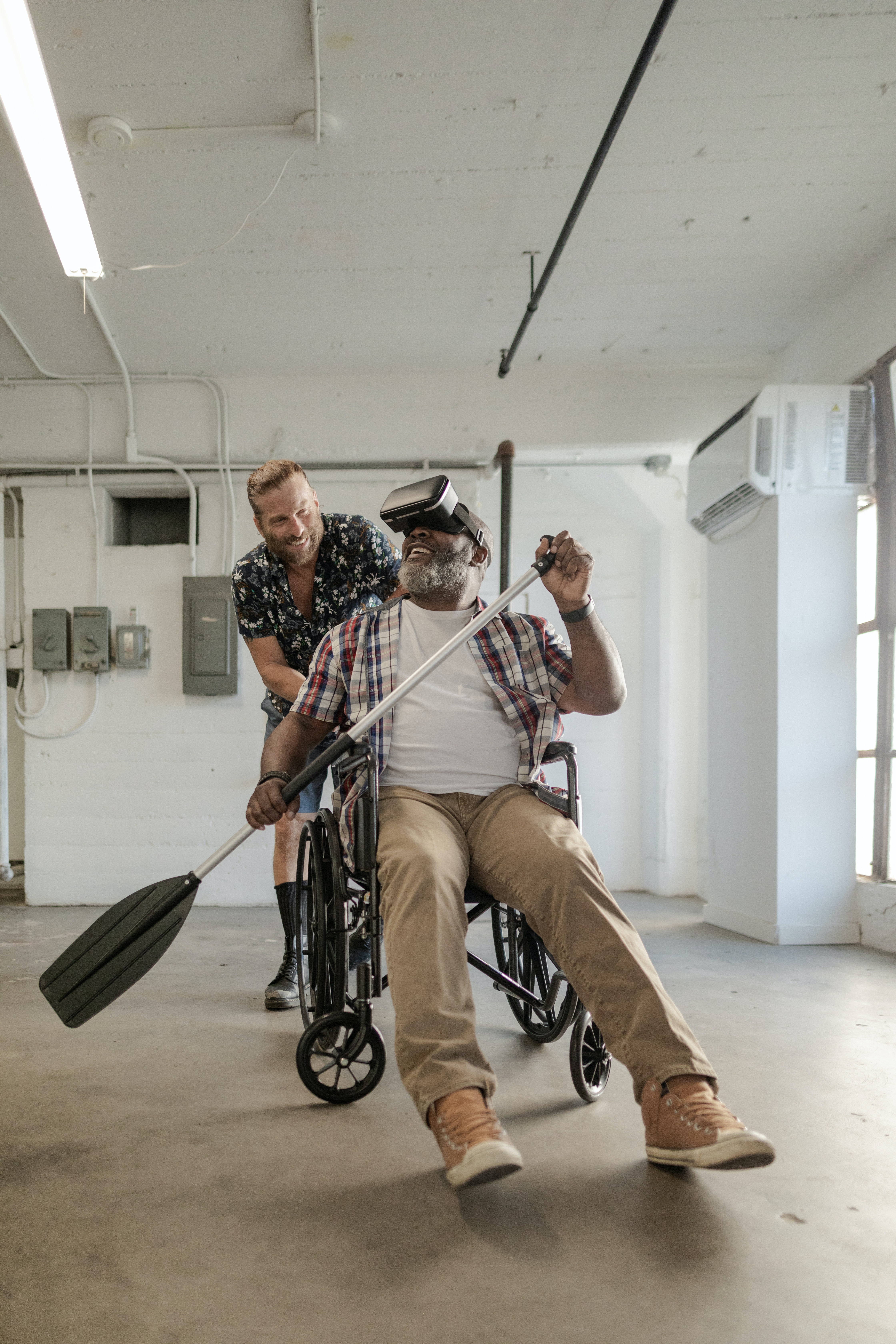
Rehabilitation Innovations: Stroke rehabilitation plays a vital role in restoring functional abilities and improving quality of life for stroke survivors. Recent advancements in rehabilitation technology are transforming the recovery process. Robotic-assisted therapy devices provide targeted and repetitive movement training, facilitating motor function recovery. Virtual reality (VR) and augmented reality (AR) technologies are being integrated into therapy sessions, creating immersive environments that enhance engagement and motivation. These innovative approaches have the potential to accelerate the rehabilitation process and enhance long-term outcomes for stroke survivors.

Understanding the Role of Microbiome: Emerging research suggests a potential link between gut health and stroke. The gut microbiome, a complex ecosystem of microorganisms residing in our digestive system, is being studied for its impact on stroke risk, recovery, and treatment response. Researchers are investigating how the composition of gut bacteria may influence inflammation, blood clotting, and metabolism, all of which are factors involved in stroke development. Exploring the interplay between the microbiome and stroke could lead to novel therapeutic approaches in the future.
The landscape of stroke research is evolving rapidly. As science and technology continue to advance, we can expect further innovations that will revolutionize stroke prevention, treatment, and rehabilitation.
Stroke News Websites
Here is a list of reputable websites that provide the latest news and updates on stroke:
- American Stroke Association (ASA) - Stroke News: The official website of the ASA offers Stroke Connection e-news, a monthly publication delivering news, resources and stories for stroke survivors and their caregivers. https://www.stroke.org/en/stroke-connection
- Science Daily: This website provides the latest news, research breakthroughs, and medical developments related to stroke. https://www.sciencedaily.com/news/mind_brain/stroke/
- Medscape - Neurology & Neurosurgery News: Medscape is a trusted medical news website that covers various medical specialties, including neurology and neurosurgery. Their neurology section provides up-to-date news and articles related to strokes, including research findings, treatment updates, and expert perspectives. https://www.medscape.com/neurology
- Neurology Times is an online publication that covers a wide range of neurological conditions, including strokes. Their stroke section offers news articles, expert opinions, and research updates to keep readers informed about the latest advancements in stroke management and research. https://www.neurologytimes.com/
Remember to consult multiple sources and verify the credibility of the information provided on these websites. Additionally, staying connected with reputable medical journals and academic institutions specializing in stroke research can also provide valuable insights into the latest developments in the field.
Get Our Stroke Rehab Guide

Our stroke rehab guide is designed specifically for patients and caregivers. It's in pdf format and can be immediately downloaded. It includes about
- Stroke Definition & Causes
- Stroke Treatment
- Rehabilitation Information for Physical, Occupational and Speech Therapy
- Exercise pictures
- Q&A from patients and caregivers
- Adaptive Equipment & Techniques
- How to Prevent Another Stroke & More!
Medical Disclaimer: All information on this website is for informational purposes only. This website does not provide medical advice or treatment. Always seek the advice of your physician or other healthcare provider before undertaking a new healthcare or exercise regimen. Never disregard professional medical advice or delay seeking medical treatment because of something you have read on this website. See the disclaimer page for full information.
- Home
- Stroke News
